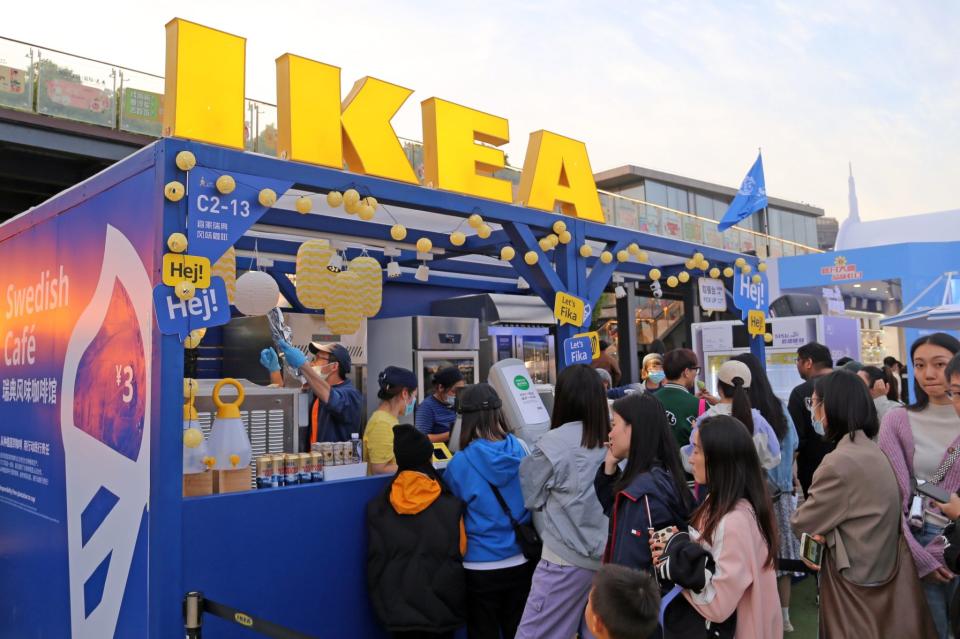Ikea will pay humans $17 an hour to work virtual jobs in its video game store

As more and more Americans flock to the virtual world of Roblox, brands are trying all kinds of tricks to bring real-world retail experiences to the gaming platform.
In 2022, Chipotle released the Chipotle Burrito Builder, a simulation in which players roll virtual burritos for a chance to win credits at Chipotle stores. Kellogg and Forever 21 have tried their hand at similar stunts on the platform to help promote their products, and the platform even rolled out virtual video ads earlier this year.
Now, Ikea is trying its hand in the Roblox metaverse as well—with a twist. The furniture chain is hiring human workers to do everything from helping customers pick out furniture to serving meatballs at the Ikea bistro—all online.
Earlier this week, the Swedish company beloved for its affordable home furnishings announced that it was accepting applications for 10 paid positions at the Coworker Game, a new virtual universe the brand is launching on Roblox at the end of the month. While virtual visitors will be able to browse, Ikea told Fortune that the gameplay itself focuses specifically on work: Ikea fans and Roblox users will have the opportunity to experience the brand’s workplace environment alongside a few paid employees.
“We’re excited to be the first brand to launch paid work on Roblox to showcase how we do careers differently,” Darren Taylor, country, people, and culture manager at Ikea U.K. and Ireland, said in a press release.
The announcement comes as part of Ikea’s effort to attract a new generation of workers, according to the press release. The company told Fortune that the brand is actively trying to promote greater work flexibility and give employees increased autonomy in determining their work patterns. For the 10 paid positions, pay will start at £13.15—just under $17 an hour—and new virtual coworkers will have the opportunity to “flex their skills, help customers, and get promoted to move departments, just like in the real world.”
“At Ikea, there is no set route to career progression,” Taylor said in the statement.
The paid opportunities are available only to Roblox users in the U.K. and Ireland, and working in the Roblox universe will not give users any advantage in applying for roles at Ikea in the material world, the company told Fortune.
Launched in 2006, Roblox has evolved into one of the most popular virtual experience platforms in the world, with more than 75 million daily users, a figure that’s tripled since 2020. The platform functions as a virtual playground, enabling users to participate in a variety of user-generated games.
The platform’s emphasis on buying and selling virtual items has also lent itself to partnerships with major brands looking to experiment in the metaverse’s retail market. In 2021, Nike partnered with Roblox to release Nikeland, a virtual world allowing users to buy virtual products and dress their avatars in Nike apparel.
Recently, however, the company has struggled as costs have continued to outpace revenues and its stock has fallen well below its 2021 high. In its most recent quarter, revenues fell almost $130 million short of expectations, as the video game industry at large continues to struggle post-pandemic, with the cost of game development going up and the return to work and school pulling users away from their consoles.
This story was originally featured on Fortune.com

 Yahoo Finance
Yahoo Finance 